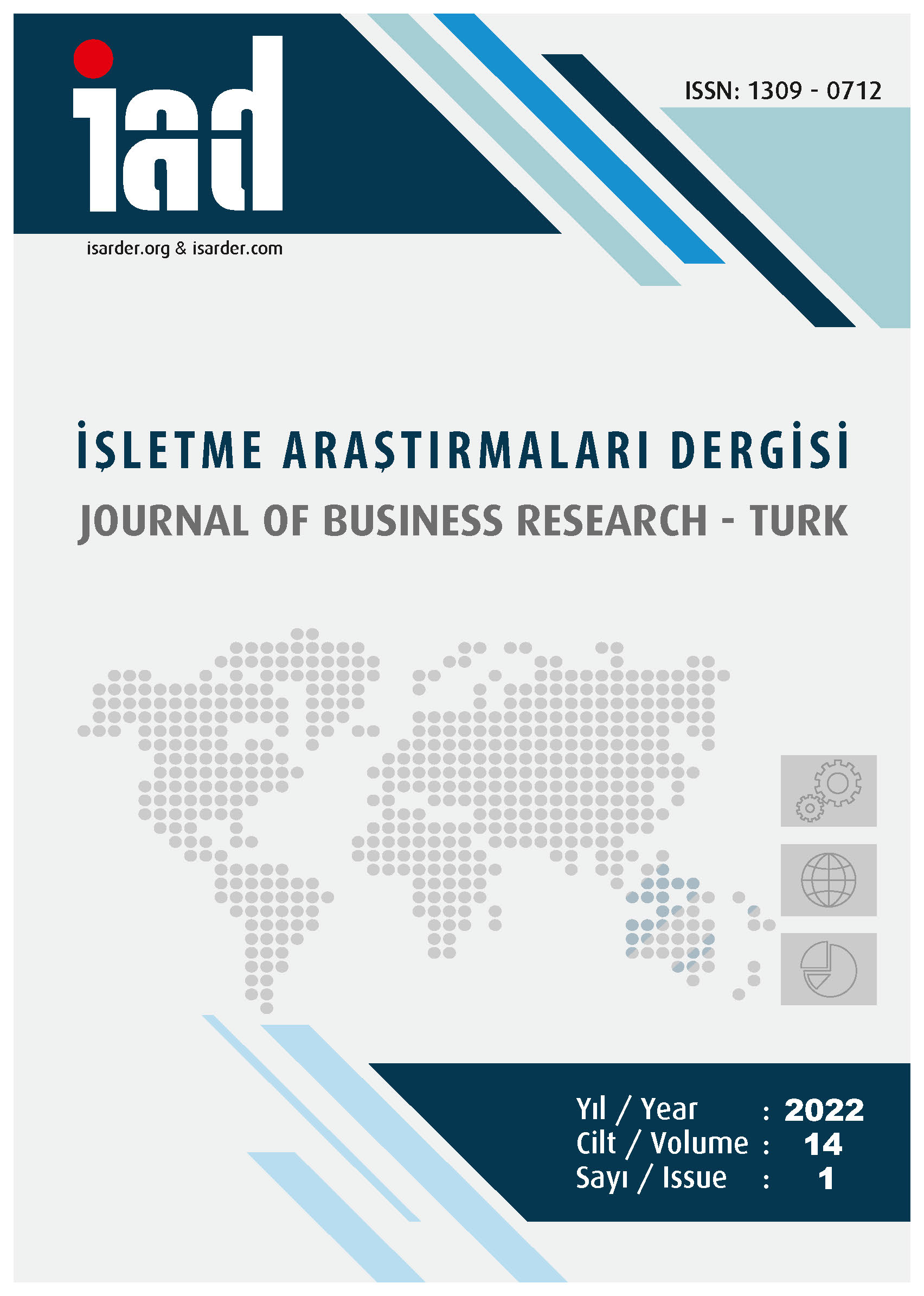The Covid-19 Pandemic and Its Impact on Work: Do We Like to Work Rotationial (Remote - From Home)?
DOI:
https://doi.org/10.20491/isarder.2022.1384Keywords:
Covid-19 Pandemic, Remote Work, Rotating WorkAbstract
Purpose – While the Covid-19 pandemic has affected every aspect of life, significant changes have been experienced in the working life as well, and rotational – flexible – remote working practices, which can be called the new working order, have been implemented. The aim of this study is to determine the effects of the new working arrangements on the administrative personnel working in the public sector. Design/methodology/approach – Within the scope of the rotational work currently being implemented, the advantages and disadvantages experienced by the administrative staff and the effects of the new working order on their work have been determined by qualitative method. The research was conducted through a semi-structured interview form with 28 administrative staff working at state universities in the Western Mediterranean. Findigs – According to the findings, the participants expressed the change in working conditions as "reducing working hours, working with a new working order". The advantages of working remotely include being able to spare time for the family, convenience, reduction in transportation costs, protection from viruses and resource savings; Disadvantages are lack of communication, disruption of work, adaptation to work, and lack of materials. Discussion – With the work to be done to move forward with the public from research, to be done to survive to survive. They want to plan their experiences in the same region at the point of course at the point of living the life of the coming in the surrounding working environment. This can be seen with flexible working times. At the same time, with such practices, their success and motivation will increase.
Downloads
Published
How to Cite
Issue
Section
License

This work is licensed under a Creative Commons Attribution-NoDerivatives 4.0 International License.





